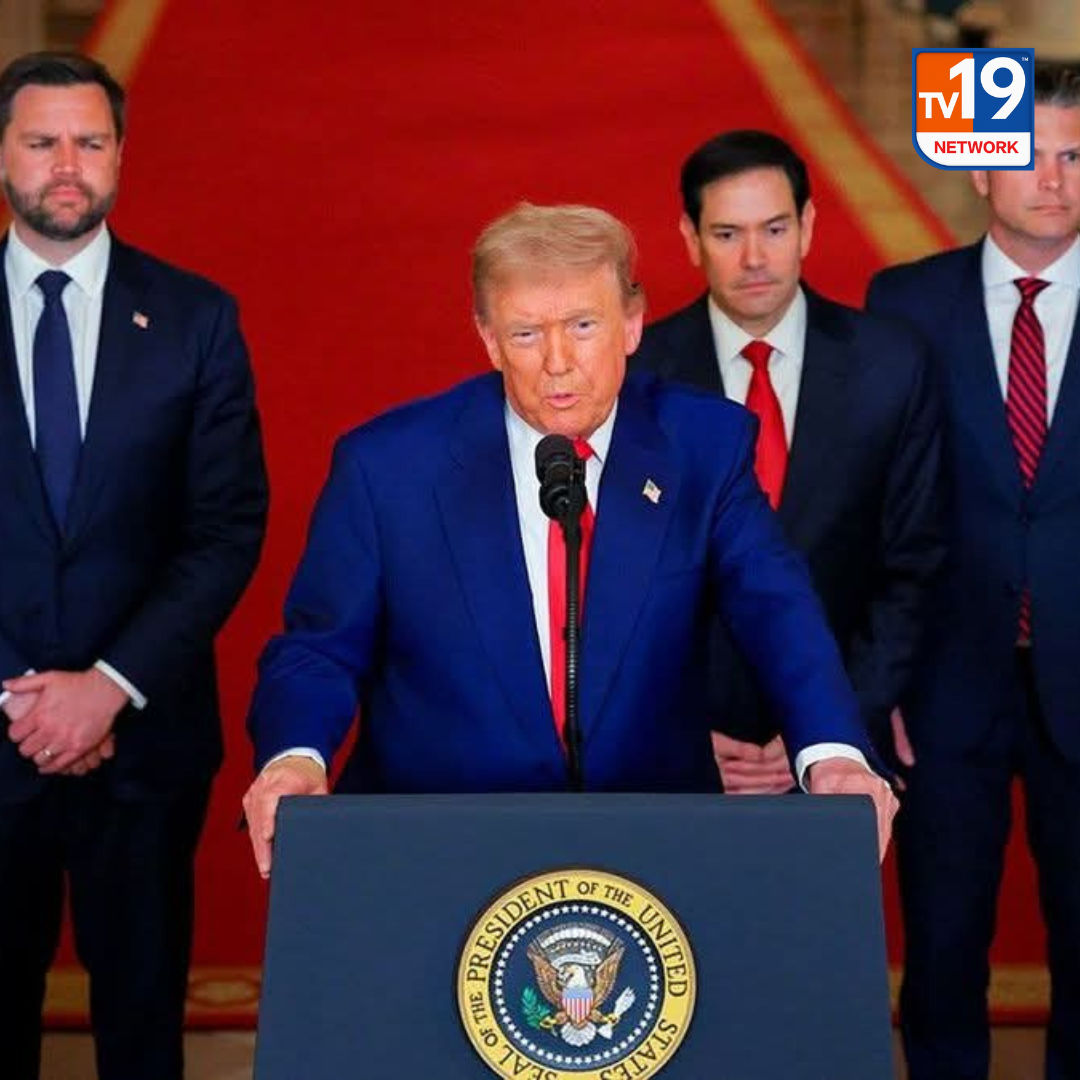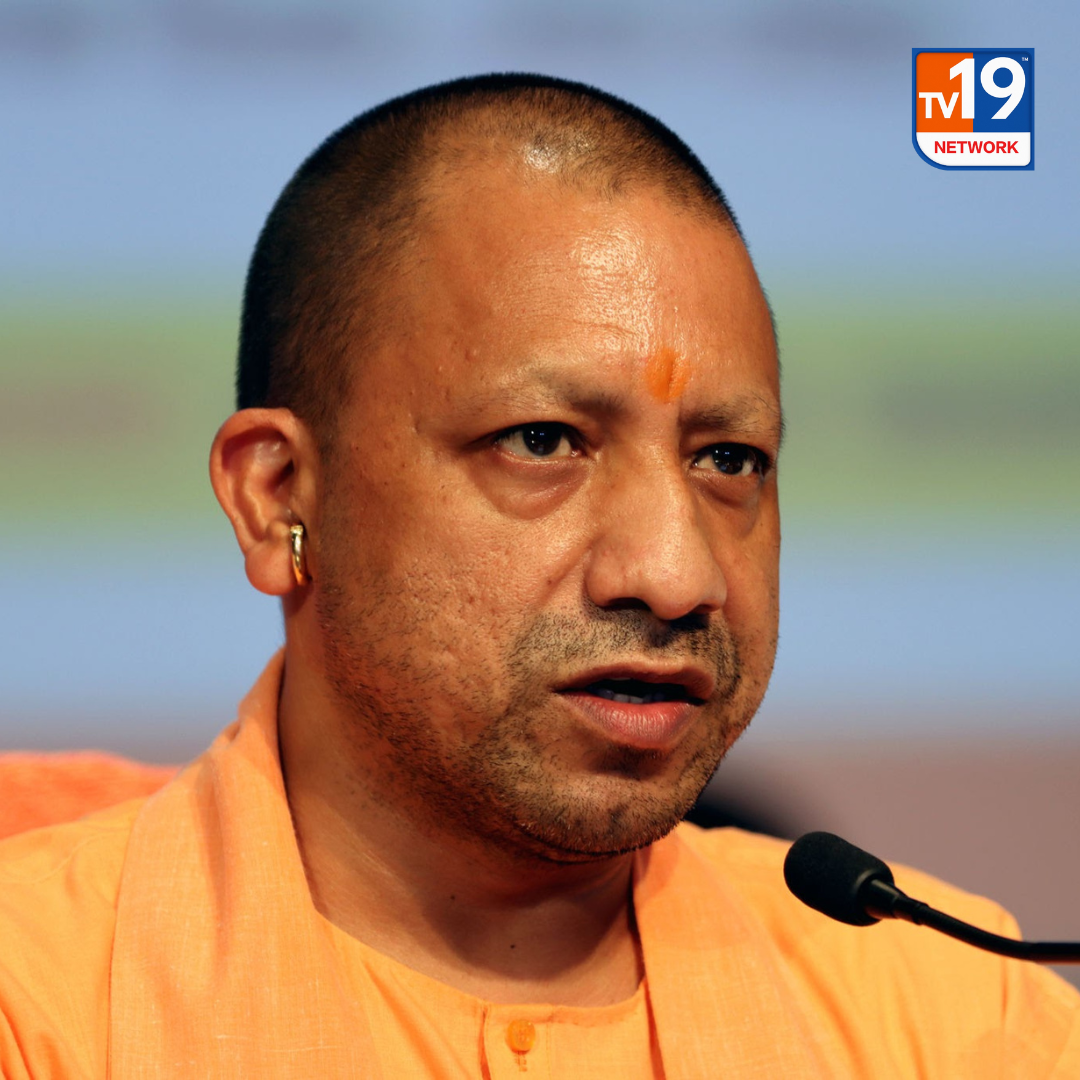Trump's Bold Move: Ending Birthright Citizenship Sparks Legal Showdown
Washington D.C. - In a controversial move, President Donald Trump has signed an executive order aiming to end birthright citizenship for children born in the United States to non-citizen parents. This action directly challenges the long-standing interpretation of the 14th Amendment, which grants citizenship to "all persons born or naturalized in the United States."
A Direct Challenge to Constitutional Precedent
Legal experts widely agree that the 14th Amendment guarantees citizenship to anyone born on U.S. soil, regardless of parental status. The Supreme Court's 1898 decision in *United States v. Wong Kim Ark* affirmed this interpretation. By attempting to alter this precedent through executive action, President Trump is expected to face immediate and significant legal challenges.
Implications for Immigrant Communities
The executive order has profound implications for immigrant communities, particularly those with undocumented or temporary status. Children born in the U.S. to such parents have traditionally been granted automatic citizenship, providing them with rights and opportunities integral to the American identity. Revoking this right could lead to a generation of stateless individuals, raising humanitarian and ethical concerns.
Political Motivations and Backlash
Critics argue that this move is politically motivated, aiming to energize the President's base by taking a hardline stance on immigration. However, the potential social and legal ramifications are vast. Civil rights organizations are mobilizing to contest the order, and a protracted legal battle looms on the horizon.





